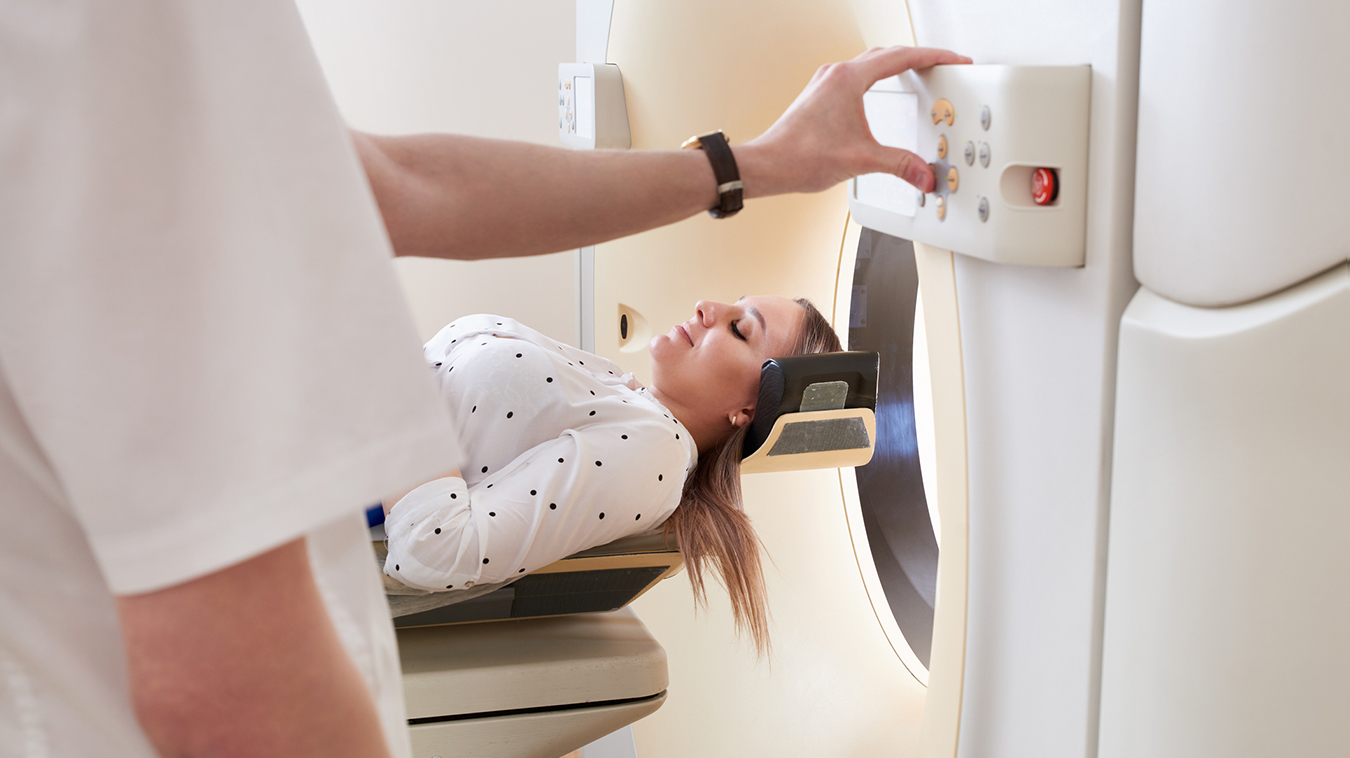
Home HOW TO PREPARE FOR YOUR MEDICAL IMAGING EXAM?
Your medical imaging exam could be a simple X-ray or ultrasound. Or, your doctor might have ordered one of the more complex exams, such as computed tomography (CT), magnetic resonance imaging (MRI), or nuclear medicine imaging. Whichever exam has been requested, they all have preparation instructions which are important to follow leading up to your appointment.
Often these preparation instructions can be found on the second page of your medical imaging requisition – the paperwork requesting the specific exam and explaining why it’s needed. Mayfair Diagnostics also describes how to prepare for each type of exam on our website, simply go to the services page and choose your exam. For example, go to the ultrasound service page and choose abdomen ultrasound.
We will explain how to prepare for your exam when you are booking your appointment. If you’ve signed up for email and/or text message notifications about your appointment, there will also be a link to your preparation instructions in your confirmation and reminder messages.
For all exams we recommend the following:
Some preparation instructions are specific to the area being examined:
*Medications are provided at cost, but prices vary depending on dosage and manufacturer. Please contact our pain management department for the most current price.
The above preparation instructions are a general overview of the types of instructions you may receive. Depending on the type of exam you are booked for, your instructions may be more detailed than what we have outlined in this article. For example, some exams are two-part appointments, which occur over the course of one day, while others involve appointments occurring over two days.
For specific details about how to prepare for your medical imaging exam, please refer to our services page for a list of our exams. You can also contact the Mayfair Diagnostics Customer Contact Centre via the following options:
Mayfair Diagnostics has 14 clinics offering a variety of services across Calgary, as well as one each in Cochrane, Regina, and Saskatoon.
We foster a supportive and collaborative culture designed to encourage positive patient experiences and build strong working relationships across the organization:
Our core values shape the way we work with patients, partners, and fellow employees. And, more than anything else, they’re what set Mayfair apart. In everything we do, this is what we strive for:
EXCELLENCE
We share a commitment to high quality and excellence in all that we do. This commitment calls on all of us to achieve the very best of our capabilities and exceed our own expectations.
CURIOSITY
We innovate in everything, from services to processes. We believe meaningful change and effective problem solving come only by looking at challenges and opportunities from new angles and by exercising our creativity and curiosity.
PASSION
We show pride, enthusiasm, and dedication in everything that we do. We are committed to producing and delivering high-quality results and services. We are passionate about our industry and about our company, services, partners, and patients.
COLLABORATION
Our team is supportive of each other’s efforts; we are loyal to one another; and we care for one another both personally and professionally. We promote and support a diverse, yet unified, team. We work together to meet our common goals across Mayfair clinics, locations, and geographies. Only through collaboration on ideas, technologies, and talents can we achieve our mission and vision.
SERVICE
We take pride in delivering exceptional service every day. We listen to every request with an open mind, always looking for opportunities to go above and beyond to create memorable, personalized experiences. We take responsibility to answer our referrers’ and patients’ requests and respect their time by always responding with a sense of urgency.
Start a career with Mayfair Diagnostics — one of Western Canada’s leading medical imaging teams.
Headquartered in Calgary, Alberta, we’ve been helping people f ind clarity for their health for over 100 years. At our clinics in Calgary and area, Regina, and Saskatoon, our team of radiologists, technologists, and support staff work in a truly integrated way to provide exceptional experiences for our patients. Joining our team is more than a job. It’s an investment in your future — a plan for success.
OUR PEOPLE
Our people share our quest to make a difference in our patient’s lives. We’re a team of professionals, disciplined in our skills and compassionate with our patients, providing the care and attention they need. At our core, we are a trusted partner in our patients’ health care journey. Our patients, physicians, and other health care providers rely on us for quality imaging to help manage their patient’s health care decisions with certainty. But our business is about more than just imaging. It’s about building lasting relationships and making a meaningful difference in the lives of those we meet.
OUR VISION
A world in which every person has clarity about their health. We push the boundaries of what is possible and embrace change as an opportunity. We strive to be thought leaders and encourage creativity by providing a safe place for calculated risk taking. We learn from our mistakes. We share best practices across our operations and are recognized by our peers for our work. We engage the best to help propel us forward in achieving our goals.